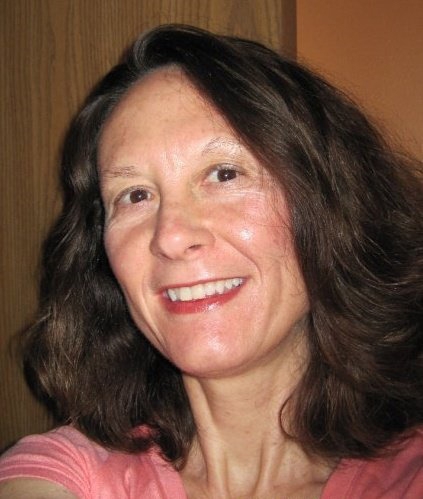Personal Becomes Universal Through Research
Guest Post by Novelist Donna D. Vitucci @Live to Write – Write to Live
The answer to my question, How long does it take to write a book? is fifteen for the novelist Donna Vitucci, who has just published Salt of Patriots after fifteen years of research, writing and revision. In this guest post, Vitucci describes what motivated her – and kept her going.
Origin of Salt
At my mother’s wake in the summer of 1999, the reminiscences we’d heard through the years got dragged out and enlivened by re-telling. The time all Uncle Bobby’s hair fell out when he was working at Fernald. The spills and inherent danger of any other kind of factory, but Fernald was processing uranium. A different kind of plant, in the early atomic days, in the 1950s.
Fernald closed after dust collectors failed in the 1980s and leaks into the Miami Aquifer hit the press. A class action lawsuit helped  shutter the plant and place it on the Superfund Cleanup List. A Public Information Center was established as an aspect of remediation activities—eureka! I’d write my family Fernald stories infused with true and accessible information.
shutter the plant and place it on the Superfund Cleanup List. A Public Information Center was established as an aspect of remediation activities—eureka! I’d write my family Fernald stories infused with true and accessible information.
Research
To write it, I needed to understand it, and I’m no scientist. I dashed daily to the Information Center, reading and trying to understand what Fernald workers did. What were their jobs? What might Uncle Bob have done once he clocked in for 2nd shift? What made his hair fall out?
I read The Atomizers, the Fernald company newsletter. I studied processes the Fernald scientists developed, and the chemistry and metallurgy that had men in various buildings turn out uranium ingots or rods. I sought the secrets and security, the rumors in the community, how everybody had a relative or friend who worked there, or lost their acreage, or got sick or died. Newspaper articles on microfiche announced the building of the “new plant” and how it was going to bring hundreds of jobs—which it did. The nuclear industry was in its infancy. They were playing with dice and hoping for the best in beating the Russians.
Interviews
Uncle Bobby was my eyewitness, my conduit to the past, to the plant, to the human aspect. At the time, I’d envisioned the book completed and published to celebrate Fernald’s 50th anniversary—2001. I really had no idea.
I questioned Uncle Bob: “What about losing your hair?”
“That was nothing.” Same closed-mouth attitude from interviewees and others beholden to their government, their employer, and their own promises.
“Loose lips sink ships”—caution right there in The Atomizer. I don’t believe the workers were afraid. I believe they were patriotic. I believe they believed the government wouldn’t ask them to enter a dangerous work situation. And as long as a man was working he was doing the right best thing–echoing Uncle Bob and dozens of Fernald employees in their interview transcripts.
Striving for Authenticity
What did Uncle Bob do at Fernald, what it was like, what were his buddies like, did they understand the danger, and did they care? I took notes; I had a binder of industry and government papers I’d copied. I studied these like I’d be tested. Above all, I wanted to write with authenticity, and I knew it would be so hard. Till then, I’d only written stories that emerged from inside me. This story would have to be, on many counts, outside of me. I would immerse myself in research until I was busting with the Fernaldia I ingested.
Writing, Revisitng, Revising
A year and half later, nowhere near finished mourning my mother, and now her brother, Uncle Bob, was dying. Feed Materials, as I called the book, was where I poured this loss, revisiting my loved ones, revising them, and being among them, seeing them so clearly in memory and then freshly relevant in the stories where I cast them. No wonder it took me 15 years to complete. Writing this book kept them alive, and I didn’t want to lose them twice.

Donna D. Vitucci - Author
Donna Vitucci is Development Director of Covington Ladies Home, the only free-standing personal care home exclusively for older adult women in Northern Kentucky. Her stories have appeared in dozens of print and online journals, including PANK, Fifth Wednesday Journal, Front Porch, Watershed Review, Gargoyle, Hinchas de Poesia, Contrary, Corium Magazine, Southern Women’s Review, Change Seven (Yay!) and The Butter. Her novel AT BOBBY TRIVETTE’S GRAVE will be published by Rebel E Press in 2016. Her unpublished novel FEED MATERIALS was a finalist for the Bellwether Prize and waits with other finished novels in a trunk.

Recent Comments